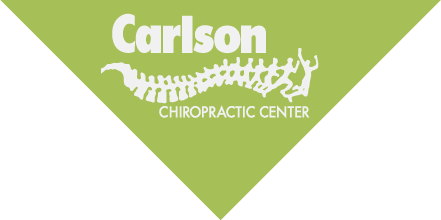It’s a common argument: “You don’t need to take supplements if you eat a healthy diet.” Although it is true that you can’t supplement your way out of a bad diet, supplements play an important role in supporting a healthy diet. Let’s look at some reasons you may need to take supplements.
Because our foods are compromised. Even if you eat the perfect diet, studies show our foods aren’t as nutrient-dense as they were in the past. You still may benefit from at least a good multi-vitamin and multi-mineral supplement.
Because you are aging. As we age certain functions start to diminish, such as digestion, brain function, recovery time, hormone balance, and more.
Digestive supplements support diminishing hydrochloric acid and pancreatic enzyme support. Brain nutrients help support oxygenation and activity of the brain (although they won’t compensate for poor diet and lifestyle). Various herbs support hormone balance and energy production.
Because we live in a stressful, toxic world. We are dealing with extreme levels of stress and toxic chemicals in our food and environment. This contributes to such conditions as chronic pain, inflammation, autoimmunity, and brain dysfunctions. Many supplements are designed to buffer the effects of the stressful and toxic burdens we deal with daily.
Because many of us grew up eating a poor diet. You may eat a good diet now, but if you grew up on junk food and a sedentary lifestyle, you may have sustained metabolic damage, such as unstable blood sugar, hormonal imbalance, poor stress handling, chronic inflammation, autoimmunity, and more. These don’t always reverse themselves through diet alone.
Supplements geared toward stabilizing blood sugar, supporting stress handling, and taming inflammation can supercharge your whole foods diet.
Because the medications that you may be taking cause nutrient depletions. For instance, certain blood pressure medications deplete B6, CoQ10, Calcium, Magnesium, Potassium, and Zinc. Diabetic drugs may deplete CoQ10 and B12. It is definitely a good idea to replace the nutrients that are being zapped by the meds you are taking on a daily basis.
How to be a smart supplement shopper
The key to understanding supplements is to understand the underlying causes of your condition.
For instance, ten different people can each have a different cause for weight gain, insomnia, pain, depression, and so on. Buying a “depression supplement,” or an “insomnia supplement,” can result in failure and frustration. Robert Kessinger, DC, DABCI, DACBN says, “You can’t supplement yourself out of a functional problem”. Meaning, if you don’t get to the root cause of the problem, taking supplements can just be a bandaid. It is important to work with someone who knows how to get to the root cause of your problem.
Also, quality matters. Supplements from your local chain supermarket are not going to meet the same standards of quality, care, specificity, and educational support of supplements sold through a qualified health practitioner.
This is a broad overview of ways supplements can help. Most supplements consist of herbs and other natural compounds that have sound scientific support and have been used throughout history around the globe. While pharmaceuticals have been a vital boon to medicine, they are also relative newcomers.

